Having its first match in 1863, football has evolved and today it is among the biggest sports in the world, having fans everywhere and generating billions of dollars per year. As it evolved, we had several changes and updates to its rules, both to improve competition and to make the sport safer.
What is VAR - Video Assistant Referee?
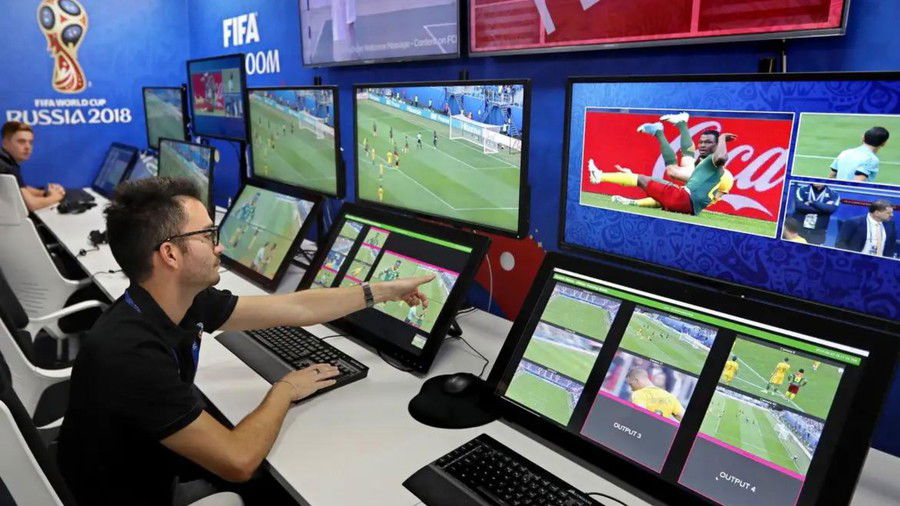
Created by FIFA in 2016, it was used for the first time in an official tournament during the 2018 Football World Cup in Russia.
Having the function of assisting the referee, this technology was introduced as an assistance element helping to make fairer, more precise and objective decisions, in difficult or controversial situations on the playing field, such as goals, penalties, offsides, expulsions, cases of identification of players and other incidents.
Because it is extremely effective in its proposal, its use has extended to football leagues around the world, especially in important events such as the FIFA World Cup, Copa América, Olympic Games, UEFA Champions League and most of the main European leagues. .
Use of the VAR system in the match.
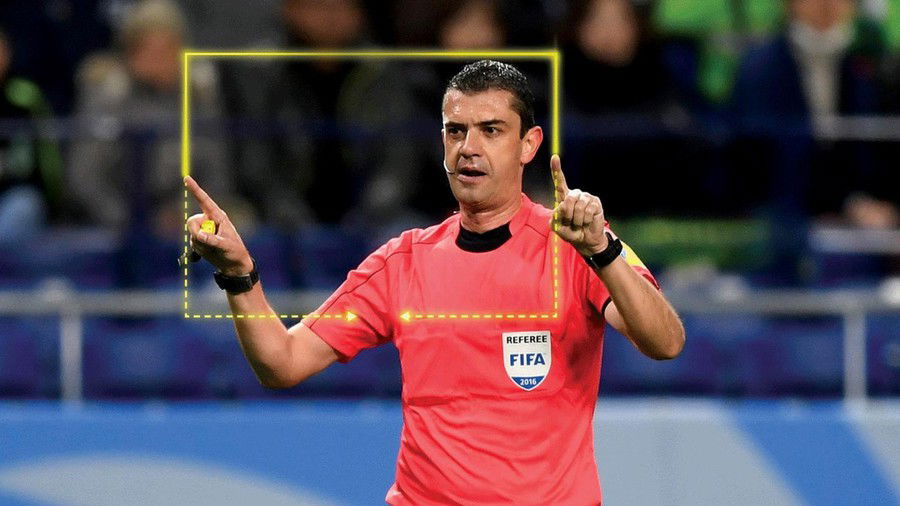
Var gives the Referee the option of reviewing the play that just happened using video recording before making a final decision. Appealing to VAR is optional, however in a moment of doubt, the recording brings greater clarity to what happened.
Through a video control center, a team of VAR referees observes the match, reviewing the main moves in real time through images from official broadcast cameras, using normal and slow motion replays, among other technological resources.
The VAR team has access to the feed of all FIFA host network cameras, including TV cameras, which helps the referee in the decision-making process to detect possible errors and doubts.
The head judge listens to the VAR team's recommendation via a radio system to suggest a review only if clear infractions, errors or serious incidents are identified on the field. He decides whether to reverse his decision or approach the screen to review the play in question. If the referee decides to change his original decision after reviewing the play with VAR, he announces the correct decision on the field and the match continues.
Was VAR really necessary?
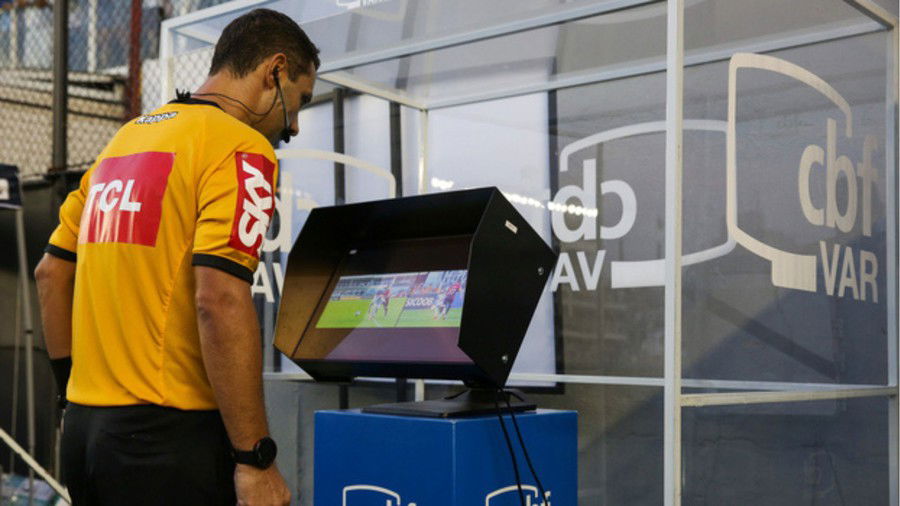
Although VAR is criticized by some, there are several positive points in its use.
Greater accuracy: VAR allows you to review important events in real time and make more accurate decisions, which can reduce the number of refereeing controversies in football.
Rational decision: Referees can review plays calmly and objectively before making a final decision, which reduces pressure on decisions, making them more assertive.
Greater transparency: Decisions supported by VAR are based on technological evidence and can be subsequently reviewed and evaluated to validate or not a move, increasing transparency and confidence in arbitration.
Fairer game: With the precision that VAR brings, it ensures that the result of the game is based on the skill and performance of the players, and not on the referee's mistakes.
Controversies?
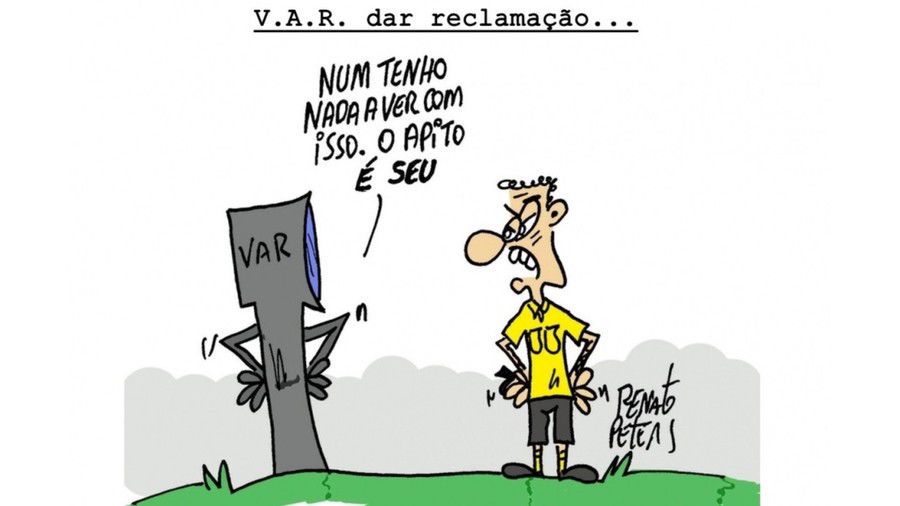
Despite its wide acceptance and the positive changes it brings, VAR is not immune to controversy. Critics point out that the system can interrupt the flow of the game, cause delays and disrupt its natural rhythm. Some even argue that the Judge's error is natural and part of the game.
News - FVS
The VAR system has brought so many positive points that FIFA is testing a new, simpler and cheaper modality, to be used exclusively in competitions where there are no resources (financial or human) to fully implement the technology.
Called FVS (Football Video Support) by FIFA, the new VAR does not have specialized people in a booth as is the case with technology today. Therefore, there is no direct interference from video refereeing in the match.
FVS works in a similar way to some Olympic sports, such as volleyball and tennis. There will be no suggestion or intervention from the VAR for the referee to review a possible red card, penalty or automatic offside check.
For these types of moves to be reviewed by the field referee, coaches will play a fundamental role. Each of them will have a limited number of challenges for the referee, but it is not yet known how many there will be.
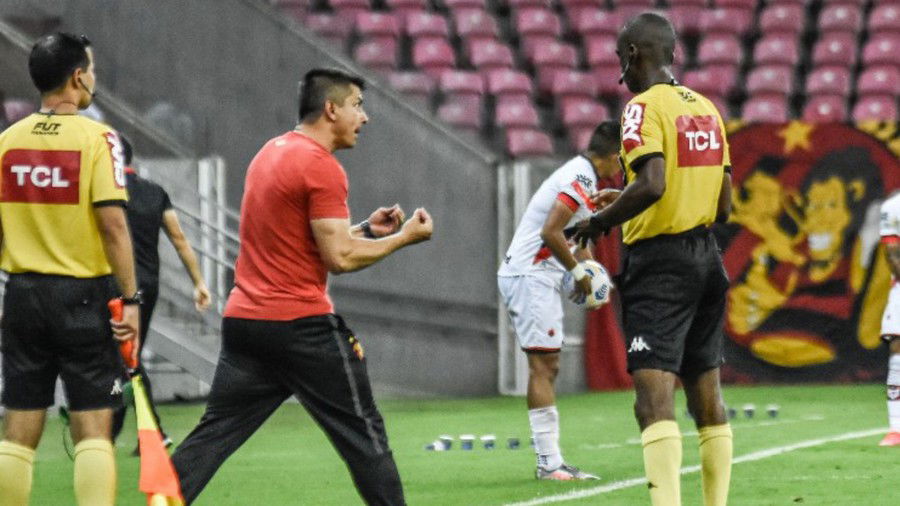
The U20 Women's World Cup to be held in Colombia between August 31st and September 22nd of this year (2024) will already feature this new VAR model and will be the first to use it in official games. Brazil is in Group B of the competition with France, Canada and Fiji.
Finishing
There is no denying that VAR is a technology that came to improve the game. With so many benefits, it’s even difficult to take the few criticisms it has seriously!
For those of you who love football, keep an eye on the website as there are still lots of articles coming.
Until next time!









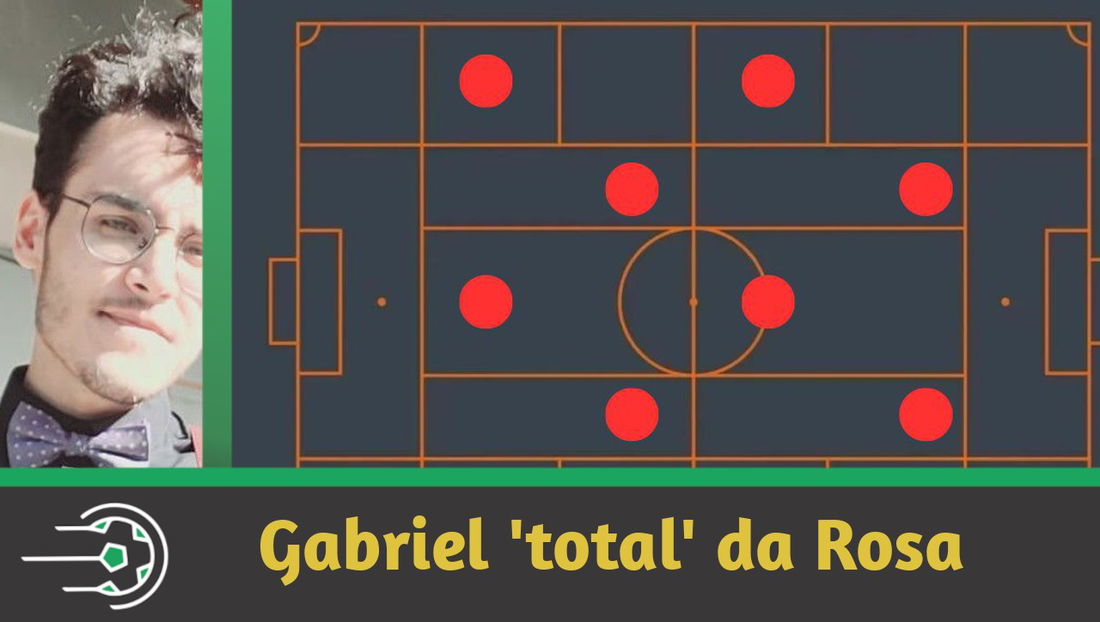




— commentaires 0
, Réactions 1
Soyez le premier à commenter